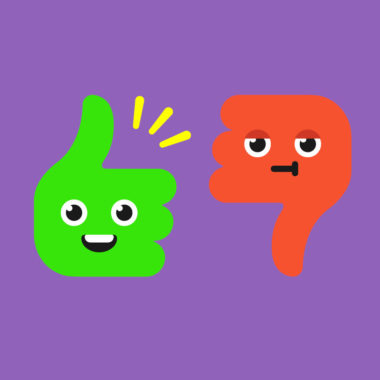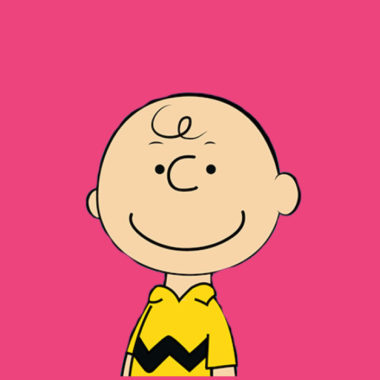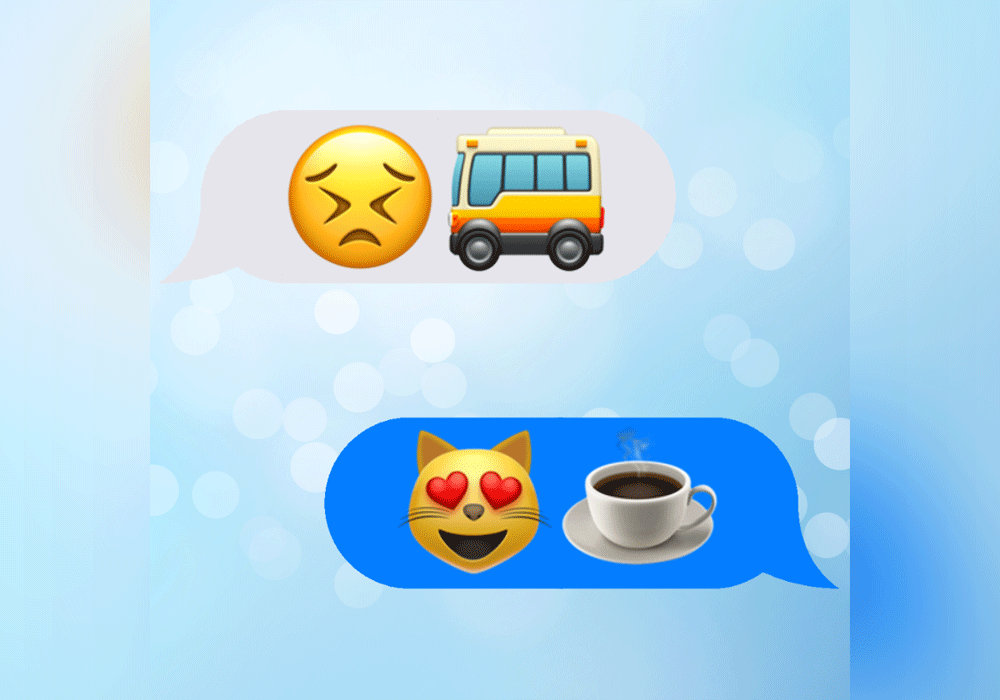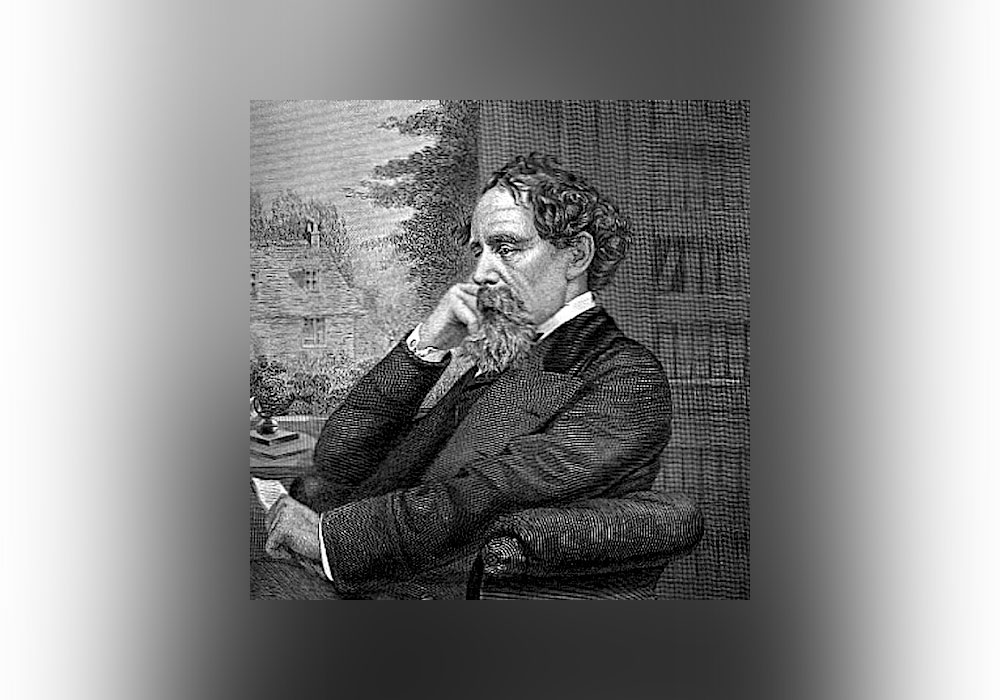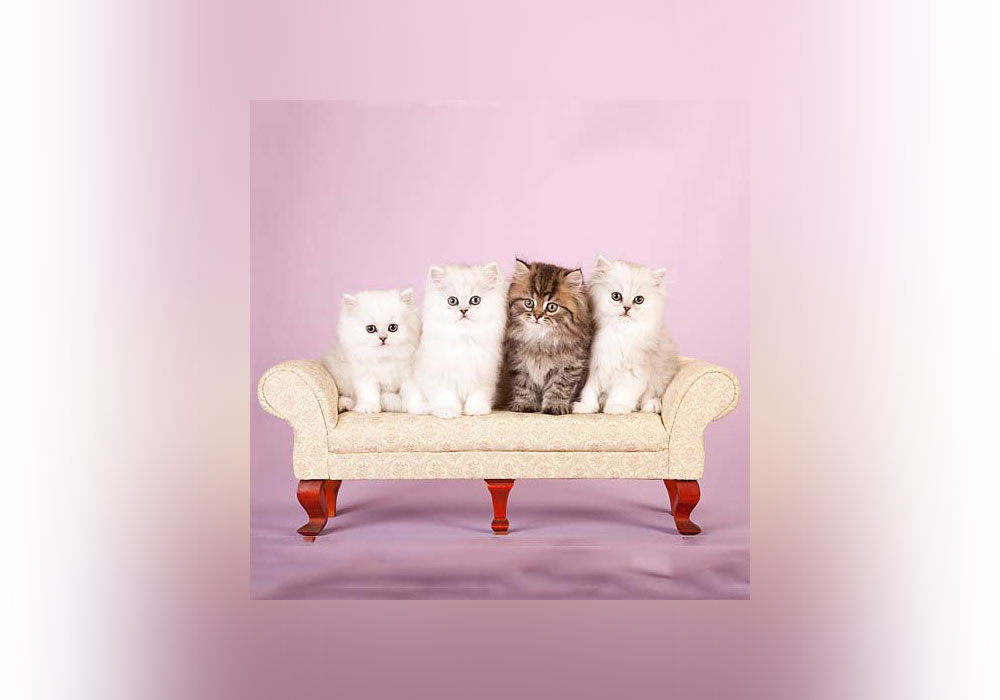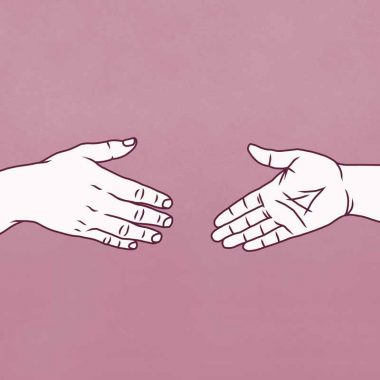Are These Old Terms Compliments Or Insults?
Here are some incredible old slang compliments and insults that are so hard to figure out, it’s funny. Like bawcock. That can’t be a compliment. Or can it? You’ll have to take this quiz to find out… If the quiz doesn’t display, please try opening in the Chrome browser.
